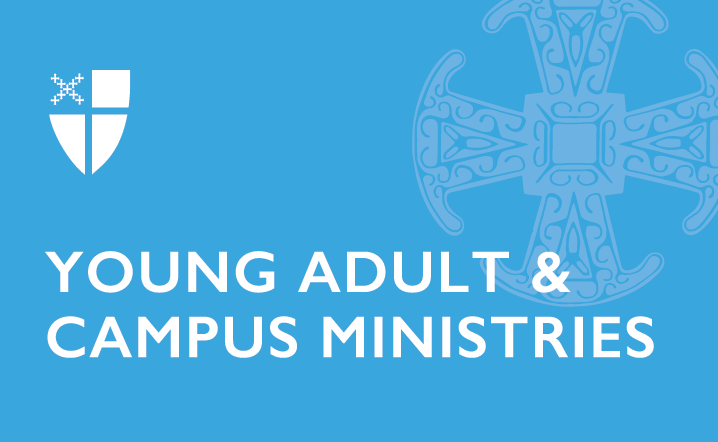Laying Fallow
Letting the ground lay fallow, unplanted, unyielding, is an ancient practice.
Over the millennia we have of agricultural records, farmers have practiced some form of letting land rest, between rotating crops letting the soil just lay there for a time, fallow. In arid zones, this break allows more water to be stored in the earth so that when crops are again planted, the soil will have some reserve water. Even in wet climates, letting the dirt alone allows the nutrients and bio-matter, necessary for healthy crops, multiply in the soil.
Recently I visited the Community of the Holy Spirit’s Bluestone farm in New York State, where the sisters have decided to let their garden lay fallow for a year. Ten years ago a group of four sisters came up to their property here to experiment with a garden. Now they are entering a time of rest, refreshment, and reflection on the experiment. The sisters, too, need some time to rest, to dream of new possibilities.
I was there to talk with them about interns. They’ve hosted many volunteers over the decade, and I am tasked with helping the Episcopal Church figure out how to build a “gap year” program for young adults aged 18-22. The sisters are in a mode of reflection, and they graciously invited me, through my friend and their resident companion, The Rev. Matthew Wright, to reflect together about the possibilities and challenges they have found with interns in general and specifically 18-22 year olds.
Laying fallow, it seems, is a good metaphor for our servant year programs in the Episcopal Church. This past Sunday night I had dinner with a group of interns from the Episcopal Service Corps at the Episcopal Campus Ministry at Washington University in St. Louis. We were there to talk with the college students about volunteer programs.
Washington University is what my grandmother would have called a “good school.” Their acceptance rate is low, and their students are among the brightest and most talented in the country. Many WashU students leave college with an offer of a six figure salary and a bright career ahead of them. In effect, the ESC interns and I were asking these students to consider letting their careers lay fallow, to take a break from being “productive” and “fruitful,” at least in the ways the world, and perhaps their parents, expect.
Early in the year I spent in Honduras with the Young Adult Service Corps, the Episcopal Church program that sends 21-30 year olds abroad for a year of missionary service, I remember feeling pretty useless. My Spanish was still pretty bad, and I couldn’t get the little boys at the school I was working to behave, let alone teach them any music or English. I wrote an email home to one of my priests to say I was thinking of coming back. “I’m not useful here,” I wrote. His response was three sentences long:
Thomas Merton had a lot to say about usefulness.
None of it was good.
Stay in Honduras.
I stayed. I’m still glad I did.
Part of what we have to learn from our faith, we have to learn by taking a break from the wisdom of the world, by taking a break from usefulness. Spending some time in our lives, particularly our young lives, laying fallow before we go try and be “fruitful,” can enrich our soil and our soul.
The Church is learning new ways to invite young leaders into a practice of giving themselves away for a year, letting the priorities of career rest, and allowing themselves to be nurtured while also serving the church and the world. Episcopal Service Corps and the Young Adult Service Corps are growing rapidly. The idea seems to be catching, but it is still early.
What other ways of laying fallow could we discover?
Filed under: Gap Year, Latest Post

